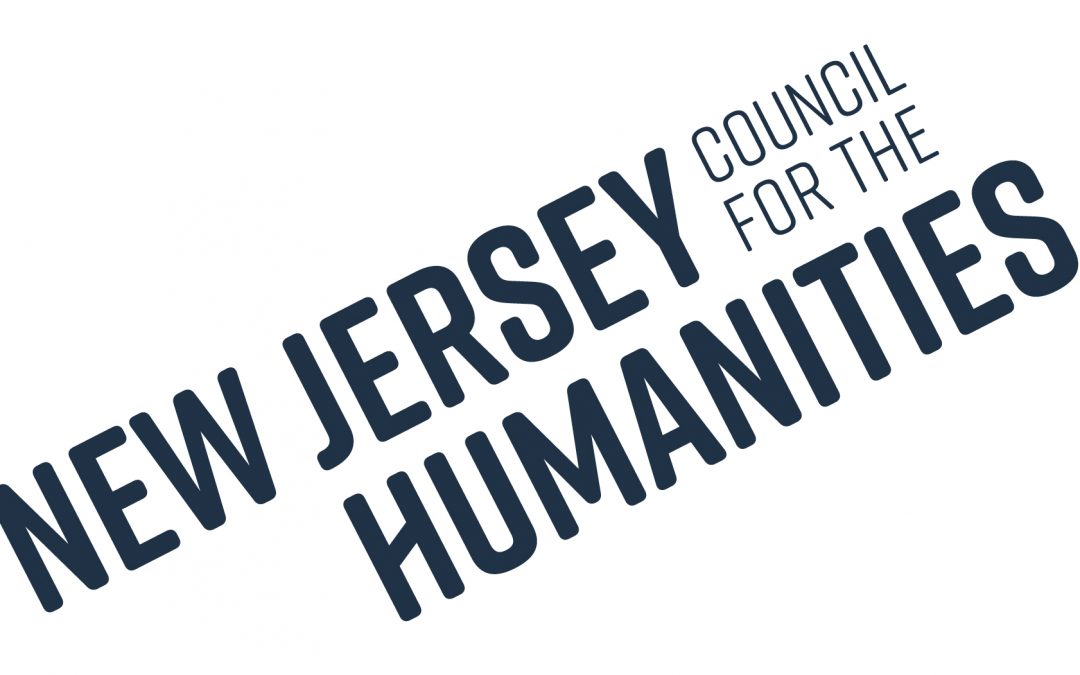Seton Hall University has received a $5000 Incubation Grant from the New Jersey Council for the Humanities for the “Digital Citizenry Project.”
Digital Citizenry Project
Seton Hall University
Project Description
In our increasingly wired world with all its gadgetry and social media, how do we make sense of the information overload flowing into our personal and public spaces? From 24-hour news reports on the Russian hackers and cybercriminals influencing our elections, to citizen-activists turning to social media (think Hashtag and Twitter activism), the idea of ‘community civic engagement’ takes on a whole new meaning: we must not only engage and empower citizens to make informed decisions based on the issues but also educate them on the technological means/tools by which to participate. The current political moment presents us with an opportunity to hold an open and inclusive dialogue about what ‘21st -century digital citizenship’ should entail.
To this end, in 2017, SHU launched The Digital Citizenry Project, a series of conversations and related local programming on engaged digital citizenship. Based on the positive feedback received, we plan to expand our project’s footprint/demographics to include towns surrounding South Orange: Maplewood, Irvington, Orange, East Orange, and Newark. Stakeholders will again include representatives from the core constituents that anchor our communities: local government, public library, arts/cultural organizations, and local school districts. Working together, we will: plan a series of events/workshops that will run simultaneously in these towns, while exploring new technologies that engage citizens in creative, innovative ways rooted in the humanities traditions, and that promote ideas of democracy and active citizen participation. These events will culminate in a symposium held at SHU. Additionally, we will develop a plan to produce an online public planning document, a Toolkit for Digital Citizenship.
Our goals are:
- to create a model for fostering ongoing dialogue between humanities professionals and the public
- to provide a forum for inclusive dialogue about an increasingly complex contemporary question, and one with an ever-greater impact on the humanities: What does it mean to be an engaged and informed citizen in the digital age
- to provide not only data about how towns can work to increase civic involvement but also suggest ways they might cooperate in order to foster such engagement.
Read More: https://www.shu.edu/news/digital-humanities-committee-co-chairs-receive-grant.cfm
